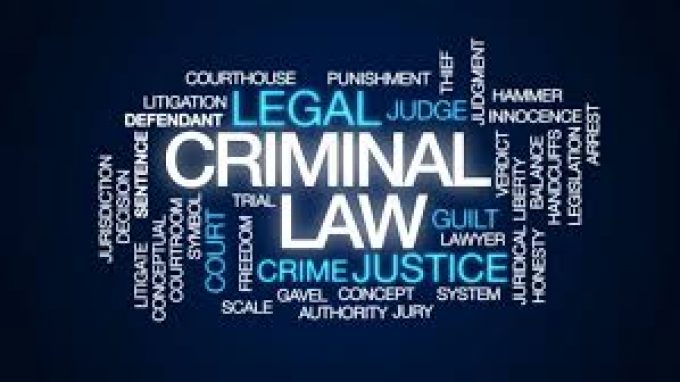Minor, particularly teenagers, tend to be sensitive, emotional, and confused. It is not unusual for them to act against their better judgment or give in to urges without thinking about the aftermath. The crimes they commit are essentially the same as those executed by adults, yet their ability to differentiate between right and wrong is underdeveloped. Juvenile offenders are more concerned about getting caught, rather than weighing the morality of their actions. The majority of juvenile criminals come from troubled homes or unsafe neighborhoods, but there are always exceptions.
The criminal justice system is somewhat lenient towards minors, as opposed to adult offenders. Law enforcement focuses on juvenile correction, rather than punishment; it does not want youth to pay for a childhood mistake for the rest of their life. The purpose is to discipline youngsters through supervision and education, in order to give them another chance at a better life. When minors get into trouble with the law, it is usually the parents who have to deal with ramifications and bail them out.
Criminal Defense Attorney in New Haven, CT, has helped many juvenile delinquents beat charges, prevent a criminal record, and clean up their act. If your child has been wrongfully accused of violating the law, you have all the more reason to equip them with a competent and experienced defense lawyer. Common juvenile offenses in Connecticut fall into the following categories:
1. Theft
Many minors are caught shoplifting or carrying out petty theft. Some do this because of a limited allowance, while others get involved to experience the thrill. Oftentimes, stealing has nothing to do with material needs; the offense is committed in relation to peer pressure, dares/bets, or personal satisfaction of proving oneself/making a statement.
2. Vandalism and Trespassing
Law enforcement views vandalism as a violent crime, but teenagers think of it as ‘art’ i.e. a form of self-expression. Some minors break into public or private property during closed hours (or without permission) short of realizing that it is illegal. These kinds of offenses are fun and games for them, but a nuisance for the owners of the violated premises.
3. Alcohol and Drug Abuse
Underage drinking and drug abuse is glamorized by media, but the reality is quite bleak. Minors obtain fake IDs to purchase alcohol and acquire controlled substances from agents of underground drug mafias. Many teens consider it harmless fun and a means of suppressing anxiety, but they get addicted and commit further crimes to feed the addiction. Underage drinking is also connected to an overwhelming percentage of DUI offenses.
4. Assault & Battery
The temperament and self-control of a child is deeply affected by their home environment and upbringing. Kids who grow up witnessing domestic violence and suffer abuse may develop violent tendencies. Most schools have one or a few bullies who harass and hurt fellow students. Verbal and sexual assault is also very common among adolescents high on adrenaline and raging hormones.
5. Status Offenses
Status offenses can be described as actions that violate juvenile law because they are not in fact criminal in nature. Minors are dependent on their parents, and thereby the law prohibits them from undertaking certain actions without adult permission and supervision. Examples of status offenses are:
- Staying out past curfew
- Running away from home
- Truancy/skipping school or cutting class
- Defying a parent/guardian


